Kaupunkitutkimus jalkautuu Jätkäsaareen, ja puhun tänään asuntomessutapahtumassa Jätkäsaaren suunnittelusta ja sen vaihtoehtoisista tarinoista – Jätkä-saari vai naisten kaupunki? Ja miksi kertomukset suunnittelussa ovat tärkeitä?
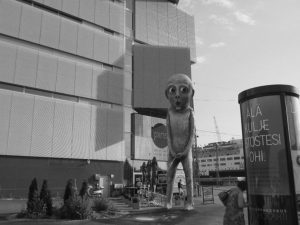
Aika: 3.-7.9.2018 klo 14:00-16:00
Paikka: Jätkäsaari-paviljonki, Hyväntoivonpuisto, Helsingin Jätkäsaaressa
“Millaista tutkimusta kaupungeista, asuinalueista, kortteleista ja meistä ihmisistä tehdään tällä hetkellä? Kaupunkitutkimus jalkautuu kortteliin -kokonaisuuksissa tutkijat esittelevät viimeisimpiä tutkimustuloksiaan lyhyissä, kansankielisissä esityksissään. Tapahtumapaikkana on Jätkäsaari-paviljonki. Tilaisuuksissa on mahdollisuus keskustella ja kysellä suoraan tutkijoilta. Tilaisuuksien jälkeen on mahdollisuus tavata tutkijoita.”
http://asuntomessut.fi/tulevat-messut/kaupunkielamaa/kaupunkitutkimus-jalkautuu-jatkasaareen/
Puhun itse tänään (5.9.) omasta tutkimuksesta Jätkäsaaren suunnittelun ja kirjallisuuden kertomuksista klo 14-16:
Keskiviikko 5.9.2018 klo 14:00-16:00
Kertomukset, paikat ja historiat
“Kaupungit ovat kerroksellisia: sekä rakennettu ympäristö että paikkoihin liittyvät kertomukset, muistot, mielikuvat ja kokemukset ilmentävät menneisyyttä, nykyisyyttä ja tulevaisuutta. Tässä tilaisuudessa Helsingin, Tampereen ja Turun yliopistojen tutkijat kertovat kaupungeista dynaamisina paikkoina, joihin asukkaat ja toimijat liittävät omia merkityksiään.”
Asukkaat ja toimijat nykyistä, mennyttä ja tulevaa paikallisuutta määrittämässä
Pauliina Latvala-Harvilahti, Turun yliopisto/Helsingin yliopisto, 1.8. alkaen Tampereen yliopisto
Jätkäsaari rakenteellisina kerrostumina – kolme näkökulmaa kaupunginosan kehitykseen
Matti Hannikainen, Helsingin yliopisto
Jätkäsaari vai Naisten kaupunki? Kuviteltu tuleva Jätkäsaari suunnittelussa ja kirjallisuudessa
Lieven Ameel, Turun yliopisto
Paluu perinteiseen urbaaniin kaupunkirakentamiseen Helsingin kaupunkisuunnittelussa?
Miika Norppa, Helsingin yliopisto
Saavutettavuustyökalut sopivien asuntojen etsinnässä
Henrikki Tenkanen, Helsingin yliopisto
Tutkijoiden esittelyt:
Pauliina Latvala-Harvilahti on kulttuuriperinnön, erityisesti muistitiedon dosentti Turun yliopistossa sekä folkloristiikan dosentti Helsingin yliopistossa. Hän johtaa Elävä Suomenlinna -hanketta. Elokuun alusta alkaen hän toimii Tampereen yliopistossa yhteiskuntatieteiden tiedekunnassa yliopistotutkijana.
Matti Hannikainen on kaupunkihistorian tutkija Helsingin yliopistossa. Hän on tutkinut erityisesti Lontoon ja Helsingin historiaa.
Lieven Ameel on kaupunkitutkimuksen ja kaupunkisuunnittelun menetelmien dosentti Tampereen teknillisessä yliopistossa sekä vieraileva tutkija Turun yliopiston ihmistieteellisessä tutkijakollegiumissa.
Miika Norppa on kaupunkimaantieteen tutkija Geotieteiden ja maantieteen laitoksella Helsingin yliopistossa. Hän on tutkinut muun muassa eurooppalaisten kaupunkikeskustojen ja Helsingin kantakaupungin historiallista kehittymistä.
Henrikki Tenkanen työskentelee tutkijana Helsingin Yliopiston Digital Geography Labissa. Hän on kaupunkianalytiikkaan keskittyvän Mapple Oy:n perustajajäsen. Taustaltaan hän on maantieteestä väitellyt datatieteilijä, joka on innoissaan kaikesta liikkumiseen ja saavutettavuuteen liittyvistä kysymyksistä sekä teknologisista ratkaisuista, joilla voidaan tukea päätöksentekoa ja kaupunkisuunnittelua.

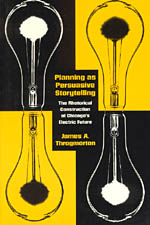
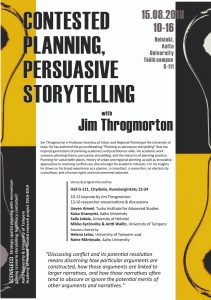
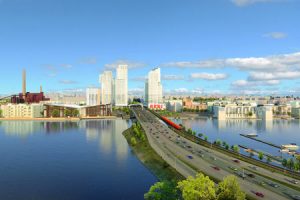
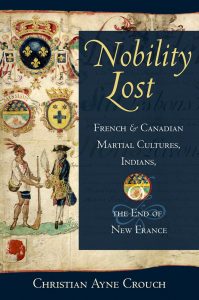
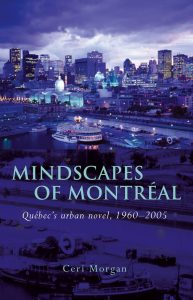 A second book, specifically on Montreal, which I read with great interests, is Ceri Morgan’s
A second book, specifically on Montreal, which I read with great interests, is Ceri Morgan’s 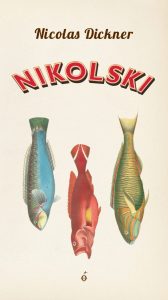 me with extensive Montreal/Quebec bookshelves and some none at all), I bought Nicolas Dickner’s Nikolski, which provided a poetic way to extend my stay in Montreal. Much to cherish here for anyone with an interest in cartography, maps, exile, expulsions, multiple ontological orientations, dirt, and urban archaeologies (the scene with the activist archeologist – several, in fact – practising guerilla dumpster diving is unforgettable). There’s also a lot that I wouldn’t have been able to relate to without Morgan’s book and Crouch’s book; the expulsion of the Acadians, for example, which features quite largely in the novel; the dislocations caused by the construction of Mirabel airport, which also has relevance; and the October Crisis.
me with extensive Montreal/Quebec bookshelves and some none at all), I bought Nicolas Dickner’s Nikolski, which provided a poetic way to extend my stay in Montreal. Much to cherish here for anyone with an interest in cartography, maps, exile, expulsions, multiple ontological orientations, dirt, and urban archaeologies (the scene with the activist archeologist – several, in fact – practising guerilla dumpster diving is unforgettable). There’s also a lot that I wouldn’t have been able to relate to without Morgan’s book and Crouch’s book; the expulsion of the Acadians, for example, which features quite largely in the novel; the dislocations caused by the construction of Mirabel airport, which also has relevance; and the October Crisis.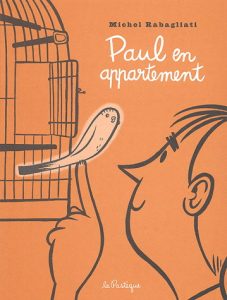 Rabagliati. One of the things that I noticed, especially when reading it next to Nikolski, was the undercurrent in both of these books of Belgian comic book classics – references, in both books to several Tintin classics; and in the Nikolski bookshop passage, with regular references to Bob Morane (the fictional book shops seems to have a whole section devoted to this Belgian French-written classic which also belongs to my youth culture strata).
Rabagliati. One of the things that I noticed, especially when reading it next to Nikolski, was the undercurrent in both of these books of Belgian comic book classics – references, in both books to several Tintin classics; and in the Nikolski bookshop passage, with regular references to Bob Morane (the fictional book shops seems to have a whole section devoted to this Belgian French-written classic which also belongs to my youth culture strata).